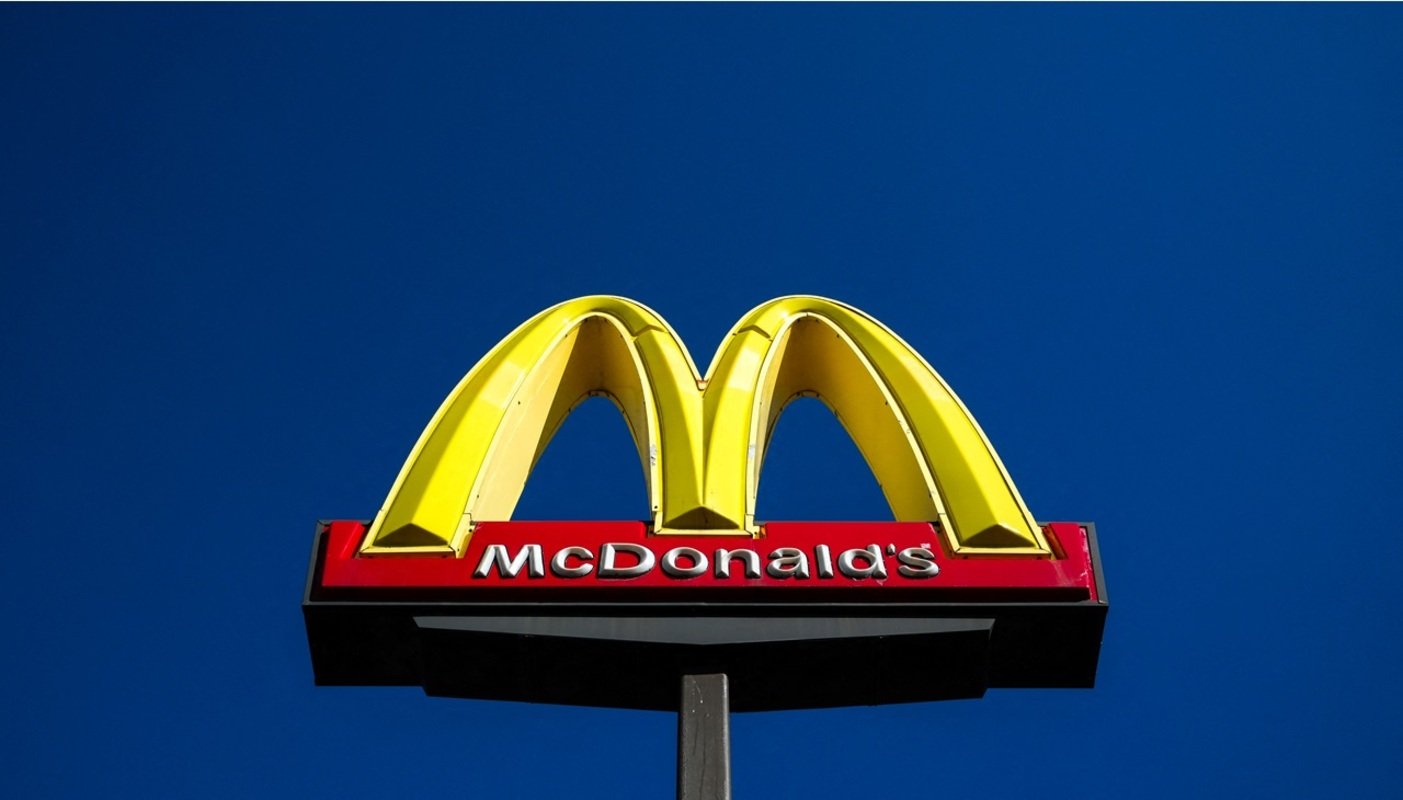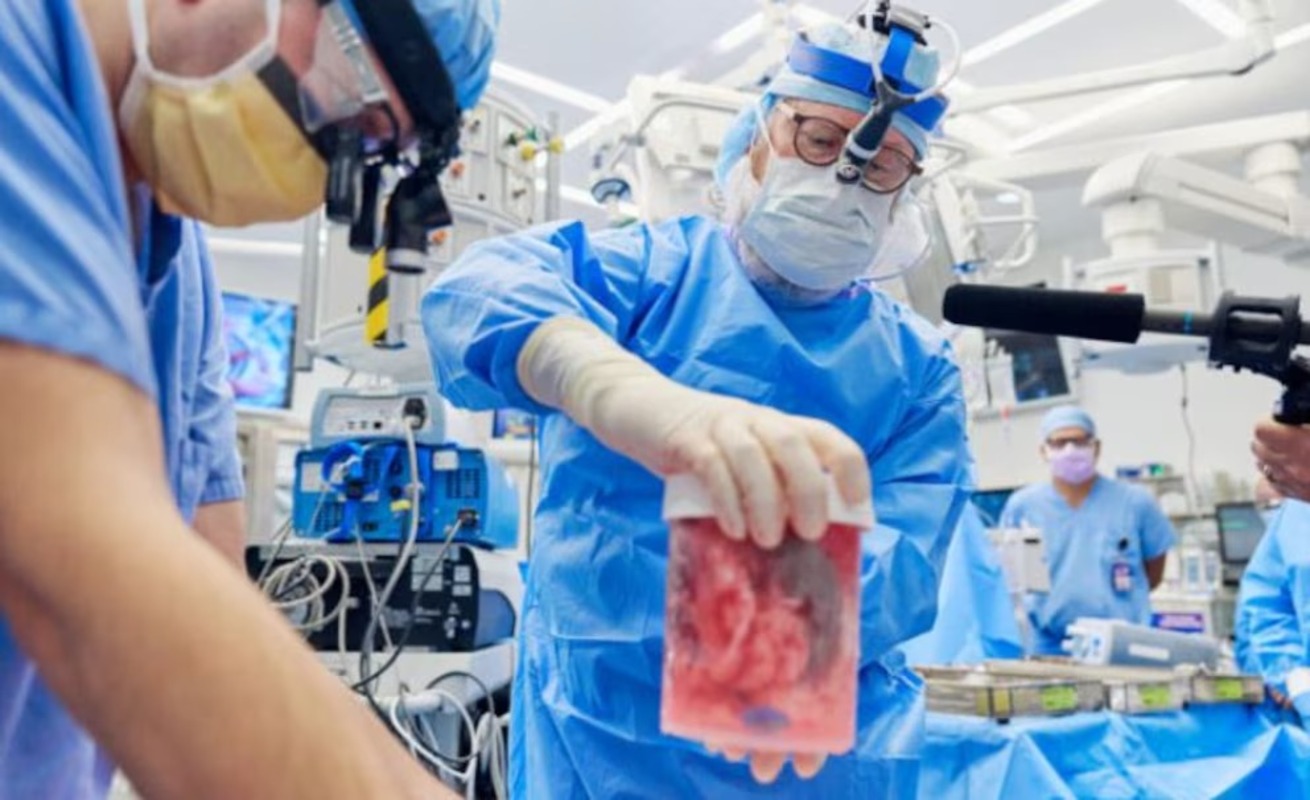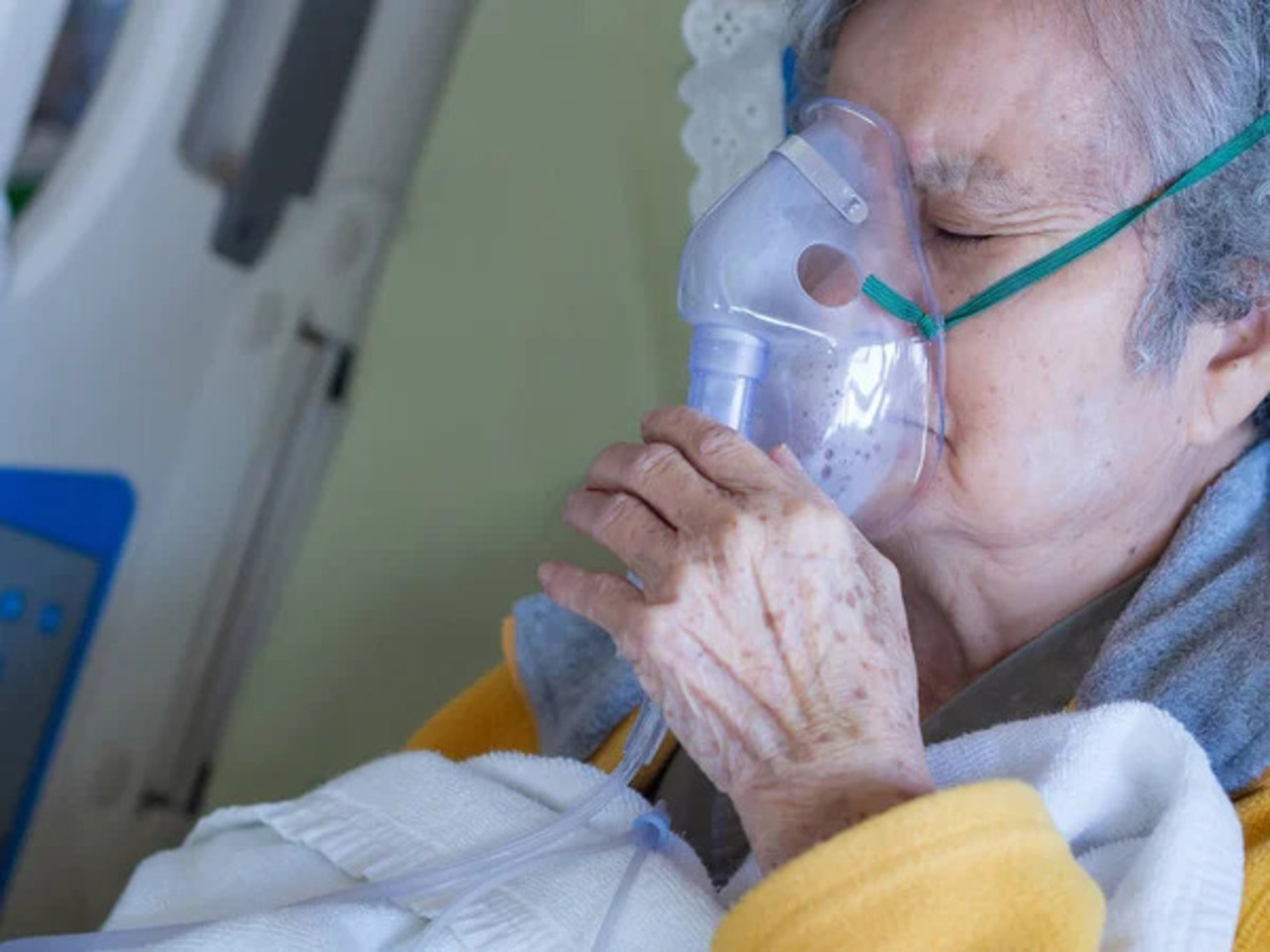
E. coli Puts McDonald's on Alert: What is This Disease About?

In recent years, several incidents related to food contamination by the Escherichia coli (E. coli) bacteria have been reported, affecting large fast-food chains like McDonald's. Although the company maintains strict quality controls, the beef used in hamburgers can sometimes become compromised by this bacteria. In this article, we explore what E. coli is, how it spreads, where it is found, its complications, and treatment and prevention measures.
What is E. Coli?
Escherichia coli (E. coli) is a bacteria that generally lives in the intestines of humans and animals. While most strains of E. coli are harmless and part of the normal intestinal flora, some variants, such as E. coli O157, can cause serious infections.
How is it spread?
E. coli infection can spread in several ways:
Undercooked meat: Eating raw or undercooked beef, especially ground beef used in hamburgers, is one of the main sources of transmission.
Cross-contamination: If raw meat comes into contact with kitchen surfaces, utensils, or foods that won’t be cooked, the bacteria can transfer.
Contaminated water: Drinking improperly treated water can lead to infection, as the water may be contaminated with animal or human waste.
Unpasteurized products: Raw milk, juices, or dairy products that are not pasteurized can also be a source of infection.
Contaminated vegetables: Vegetables or fruits that have been irrigated or handled with contaminated water may carry the bacteria.
Where is the bacteria found?
E. coli is commonly found in the digestive tract of humans and animals. However, its presence in foods such as ground beef, fresh vegetables, water, or unpasteurized dairy products is the main cause of outbreaks. In the case of meat, the bacteria may be present in the intestines of animals, and if proper handling is not maintained during the slaughtering process, the meat can become contaminated.
Complications of an E. Coli infection
Most people who contract E. coli experience symptoms such as diarrhea, abdominal pain, and, in some cases, vomiting. However, the O157
strain can lead to serious complications, such as:
Hemolytic uremic syndrome (HUS): This is a potentially life-threatening condition that affects the kidneys and is more common in young children and the elderly. It can lead to kidney failure.
Severe dehydration: Due to intense diarrhea, infected individuals may suffer from dehydration, which can be dangerous without proper treatment.
Hemorrhagic colitis: In severe cases, diarrhea can be bloody, indicating a more severe infection of the intestines.
CONTENIDO RELACIONADO
Treatment and prevention
Treatment for an E. coli infection depends on the severity of the symptoms:
Hydration: It is essential to replenish fluids lost due to diarrhea. In mild cases, drinking fluids like water or rehydration solutions may be sufficient.
Avoiding antibiotics and anti-diarrheal medications: Although it may seem logical to use these medications, in some E. coli infections, they can worsen symptoms or increase the risk of complications.
Hospitalization: In severe cases, such as hemolytic uremic syndrome, patients may need hospital care, including treatments like dialysis.
Prevention
To reduce the risk of E. coli infection, the following is recommended:
Cook food thoroughly: Beef, especially ground beef, should be cooked to an internal temperature of at least 71°C (160°F) to kill the bacteria.
Kitchen hygiene: Wash hands, utensils, and surfaces that have come into contact with raw meat thoroughly.
Avoid unpasteurized products: Consume only pasteurized dairy products and juices.
Personal hygiene: Wash hands after using the bathroom, changing diapers, or handling raw foods.










DEJE UN COMENTARIO:
¡Únete a la discusión! Deja un comentario.